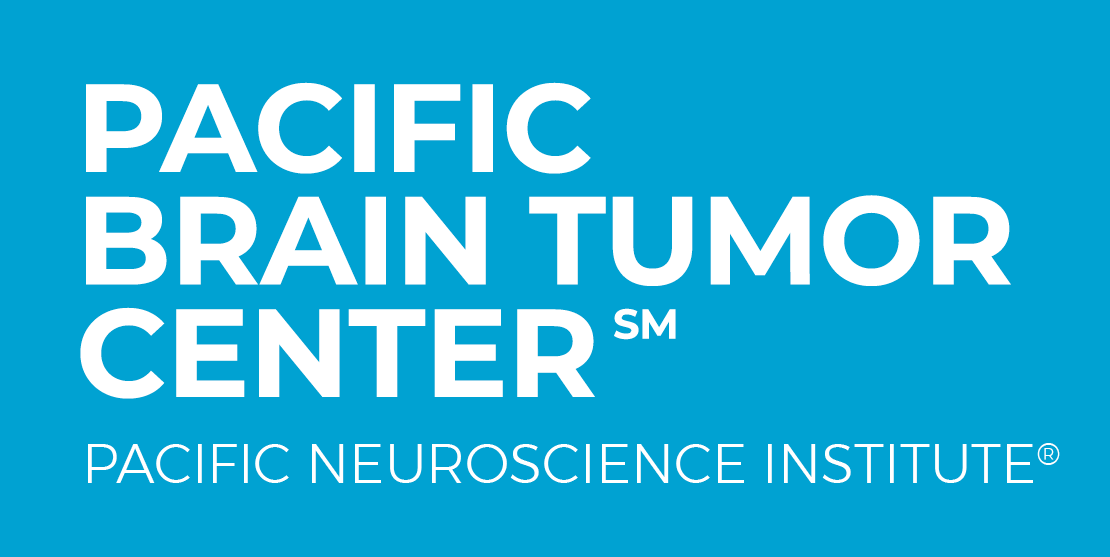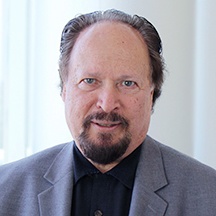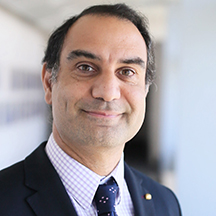Knowing Your Brain Tumor Care is in the Right Hands
Superior Treatment for Patients with Brain Tumors
As one of the most comprehensive brain tumor programs in the United States, the Pacific Brain Tumor Center at Pacific Neuroscience Institute (PNI) offers world-class expert care. Ranked in the top 1% of neurology and neurosurgery programs in the nation, our center’s compassionate multidisciplinary specialists provide advanced, personalized treatment while focusing on our patients’ quality of life.
Affiliated with award-winning Providence hospitals Saint John’s Health Center and Little Company of Mary, PNI neurosurgeons lead the way in advancing safer, more effective keyhole and minimally invasive endoscopic brain tumor removal approaches.
If you, a family member, or friend have a new diagnosis, require a second opinion, or have a brain tumor or skull base tumor recurrence, our expert physicians can help you understand your condition and determine an optimal treatment plan.
Think Brain Tumor. Think PNI.

Contact Us
For information about brain tumor treatment please complete the form below. We will respond to you within 12-24 hours. To speak with someone right away contact us at 213-855-2368.
Symptoms
Given their location, brain tumors and skull base tumors may produce a variety of symptoms including:
- Headache
- Facial pain
- Seizures
- Visual loss
- Double vision
- Weakness
- Fatigue
- Numbness
- Difficulty walking
- Incoordination
- Confusion and personality changes
Diagnosis
What do I do if I have these symptoms?
Brain tumors and tumors of the skull base are best diagnosed by imaging studies, typically a magnetic resonance imaging (MRI) of the brain with gadolinium or a computer tomography (CT) scan of the brain.
Sometimes focused MRIs of the pituitary region, temporal bones, internal auditory canals or orbits may be needed to obtain better anatomical detail of a tumor.
Other tests may also be needed such as:
- Angiography (typically now performed as a CT angiogram or an MR angiogram)
- Magnetic resonance spectroscopy
- Positron emission tomography (PET)
- Visual field tests
- Audiograms
- Hormonal lab tests
Treatments
The optimal treatment of patients with brain tumors is dependent upon several factors including the tumor type, location, symptoms, and overall health status of the patient.
Therapy may include:
- Minimally invasive keyhole surgery
- Stereotactic radiosurgery or radiation therapy
- Chemotherapy and/or hormonal therapies
Our Physicians
Click on our award-winning physicians below to learn more about them:
Patient Experience
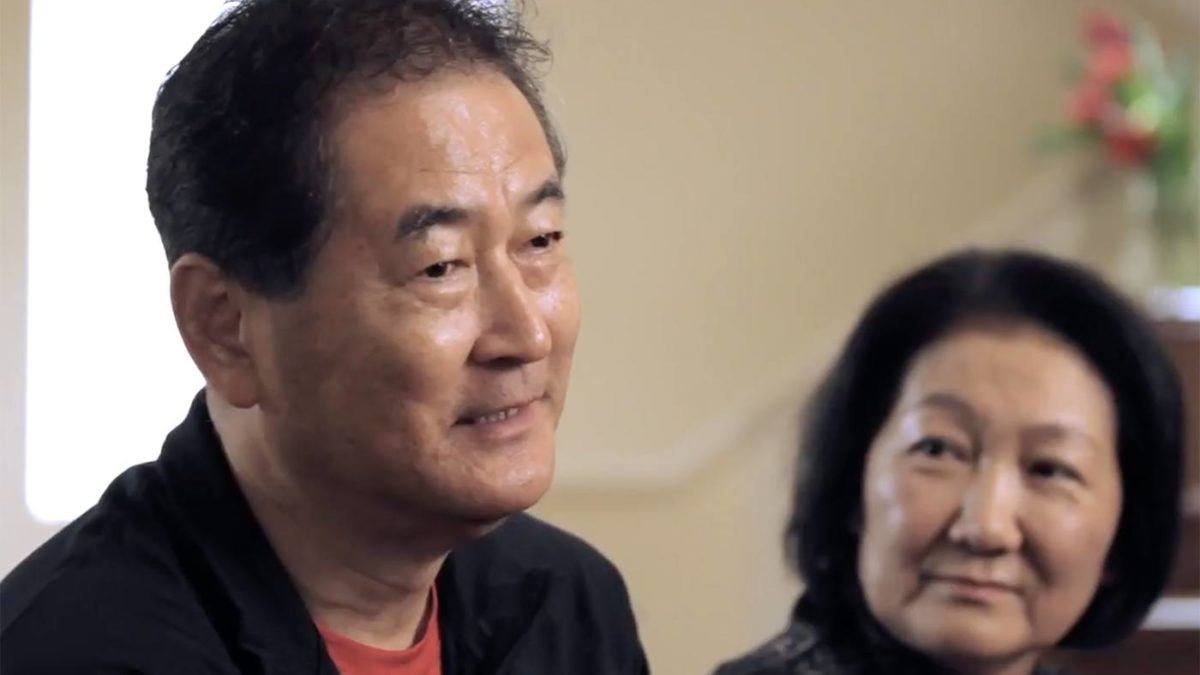 Akiko’s Story – CNS Lymphoma
Experience Akiko’s recovery from CNS Lymphoma.
Akiko’s Story – CNS Lymphoma
Experience Akiko’s recovery from CNS Lymphoma.
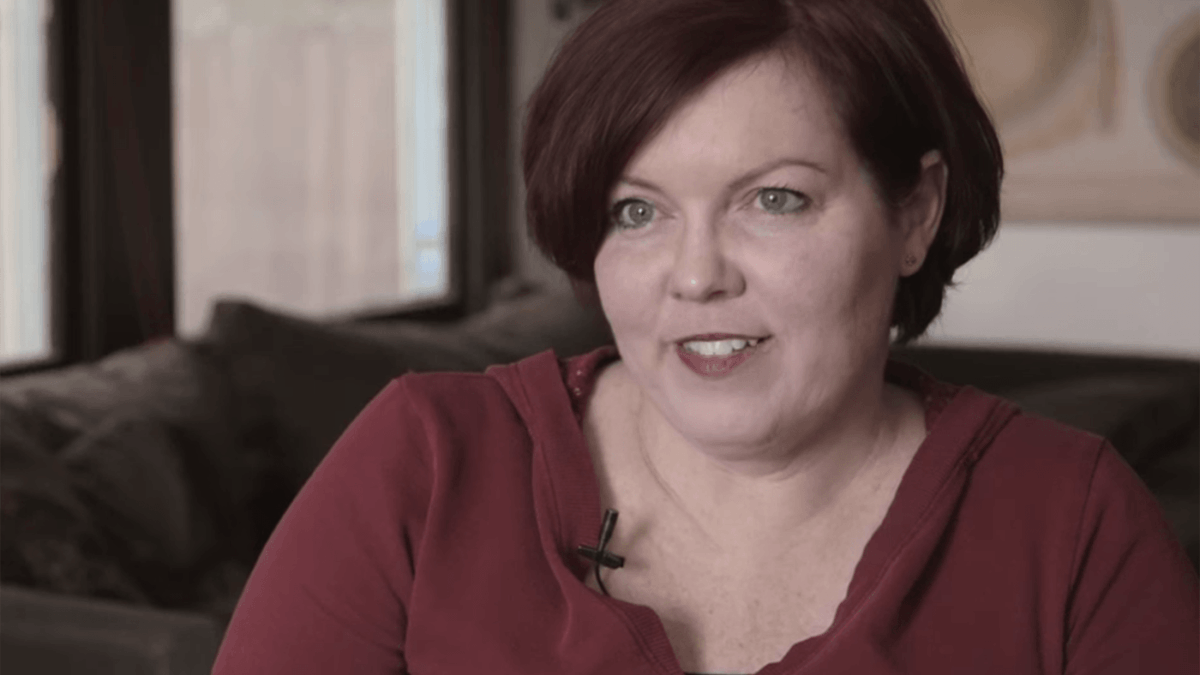 Justine’s Story – metastatic melanoma
Experience an actual account of metastatic melanoma.
Justine’s Story – metastatic melanoma
Experience an actual account of metastatic melanoma.
 Chris’ Story- Meningioma Brain Tumor
Experience and actual account of meningioma.
Chris’ Story- Meningioma Brain Tumor
Experience and actual account of meningioma.
 The Pacific Brain Tumor Center
The Pacific Brain Tumor Center
 Meet Dr. Daniel F. Kelly
Meet Dr. Daniel F. Kelly
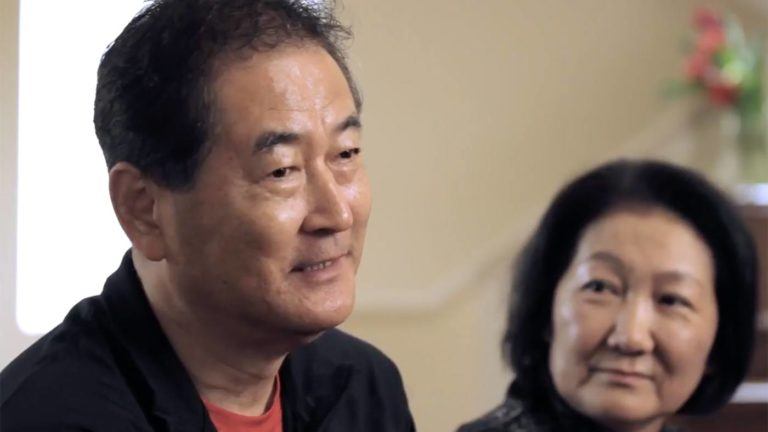
Akiko’s Story | CNS Lymphoma
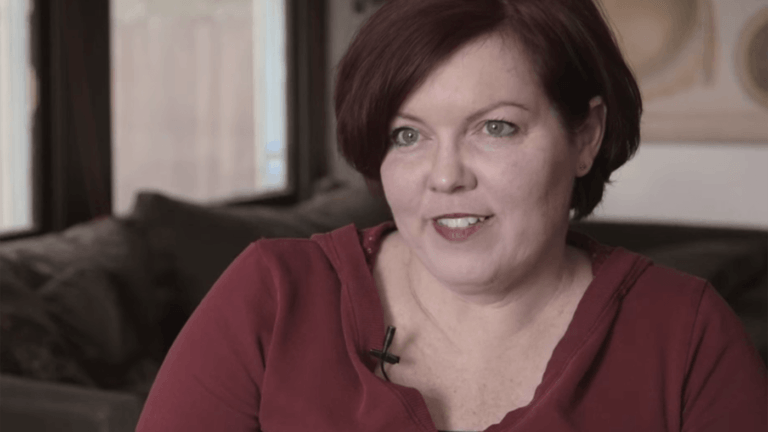
Justine’s Story | Metastatic Melanoma

Chris’ Story | Meningioma

The Pacific Brain Tumor Center

